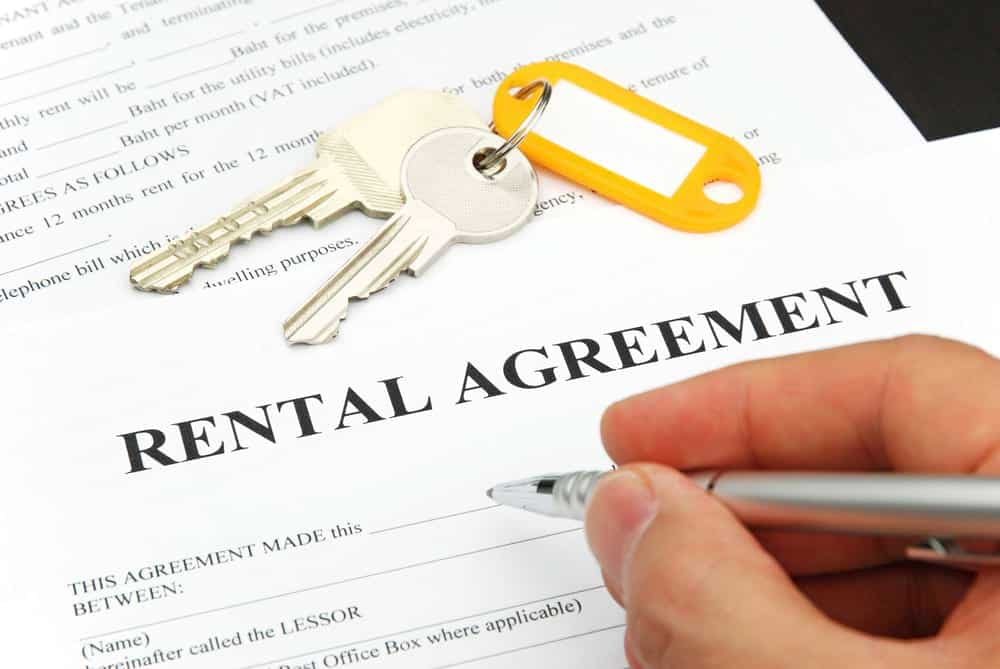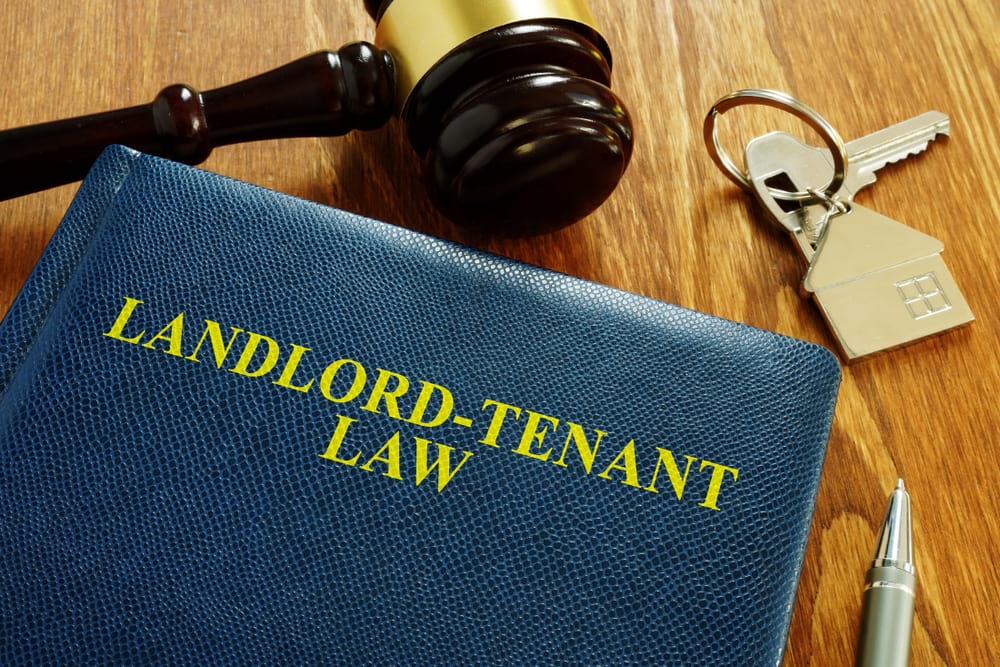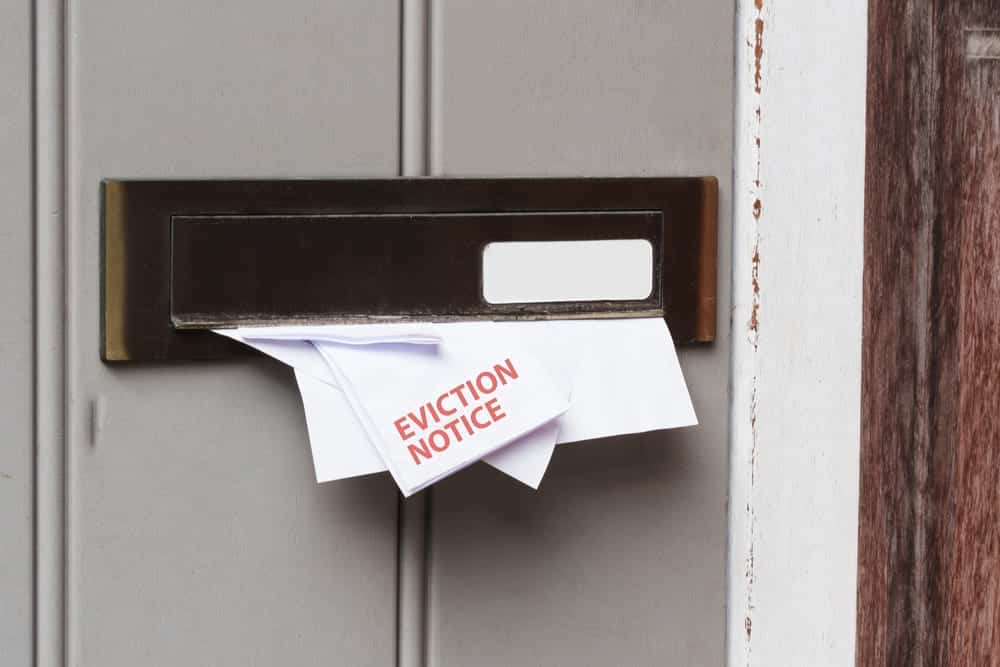Almost every landlord hopes to have a friendly relationship with their tenant(s).
But if the person renting your house becomes a problem, what can you do?
If you want to learn what a ‘problem tenant’ is and how to deal with one, you are in the right place.
What is a problem tenant?
A problem tenant (sometimes referred to as nuisance tenants) is a renter who causes you difficulties or breaks your agreement’s terms.
Examples of this might include:
- Damaging your house’s interior
- Breaking appliances
- Refusing to pay rent
- Paying rent late consistently
- Irritating the neighbours
Your tolerance for misbehaviour may vary depending on the following:
- How many times your tenant has done this before
- How long they have lived in your property
- Whether they are going through a difficult time personally
And more.
Some of your tenant’s behaviours may not affect you personally. However, your tenant’s neighbours may complain, forcing you to act.
The importance of communication
Speaking to your renter (even if they are being problematic) is always advisable before you take any drastic action.
There may be a reasonable explanation for the difficulty. This could be a miscommunication, a genuine accident, or a rare episode which won’t happen again.
If the situation appears untenable and you want to evict the person living in your house, you should have a clear understanding of whether you can do this.
Can I evict a problem tenant?
There are different types of tenancy agreements, and the kind you have in place will impact the steps you can follow to evict a renter.
Remember, even if you can use the below reasons to evict tenants, you must still give them adequate notice. After all, even problem tenants have certain legal rights.
Assured shorthold tenancy
An assured shorthold tenancy can include a periodic or fixed-term tenancy.
If your renters have an assured shorthold tenancy but have not broken the terms of your agreement, you will need a Section 21 notice to evict them from your house.
This lets you regain control of the property once the fixed term ends.
However, it can be difficult to evict them from the house if they have not broken the terms of your rental agreement.
Section 8 notice
If your problem tenants have broken the terms of your contract, you can issue a Section 8 notice, which requires you to provide a valid reason for reclaiming the property.
In other words, you cannot evict a tenant for no reason.
It is generally advisable to seek support from a legal expert when carrying out this process.
This is especially true if your problem tenant is causing considerable financial damage to your house.
Be aware of regional differences in law
Remember that some laws and government guidance for evicting tenants vary in Scotland, Wales, and Northern Ireland.
You should research these variations thoroughly if you are in one of these countries.
Can I sell my house with a problem tenant in situ?
Yes, you can sell your house with a tenant in situ—even if they are causing you difficulties and/or destruction to the property.
However, you may need to compromise on the price you are willing to accept.
A property with a tenant living there is generally considered less desirable to potential buyers.
When you sell your property with a problem tenant, the time it takes to find a suitable buyer on the open market could be greatly increased.
This is why some homeowners in this position use an auction house a cash buyer to complete the sale quickly.
One advantage of selling to a cash house buyer is that you can decide whether or not to accept the offer.
This is a major reason that landlords with problem tenants often prefer a cash buyer rather than an auction house.
How much does a problem tenant affect the value of my house?
Having a tenant in situ seriously increases the value of your house.
Some studies suggest it will take up to 25% off your property’s value.
Therefore, if your tenant is causing severe difficulties (i.e., destruction of the house), the dent in your house’s value could be even more significant.
The type of tenancy agreement that you have in place will have an impact, too.
For example, if your renter has an ‘assured’ tenancy agreement, the decrease in value will usually be more than 25%. This kind of agreement means the tenant can live in the house for the rest of their life.
Why is a tenanted property considered less valuable?
Most buyers on the open market are keen to live in a house they purchase. This means that if they cannot do so, your house will be less attractive, and they will, therefore, offer less.
If your house has a ‘problem tenant’ living in-situ, then the potential buyer will also inherit all the stress and potential legal challenges associated with this.
Most people do not want to voluntarily increase the amount of stress in their lives, and they may, therefore, compensate for this by reducing their offer.
Even property investors will be less enthusiastic about a tenanted house because they cannot influence the monthly rent that the tenant is currently paying.
On the other hand, plenty of cash-buying companies and property investors specifically purchase tenanted houses to get a ‘good deal’.
They aim to sell them for a later profit once the renter has moved out or been evicted.
Common causes of someone being a problem tenant
It is not uncommon for a tenant to be well-behaved when they first move into a house and then cause trouble after a dispute with the landlord.
Some of the most common points of contention between homeowners and renters include:
- Property maintenance
- Cost of repairs/damage to the house
- Late payments
- Causing a nuisance (e.g. loud music)
- Pets
Maintaining a friendly relationship with the tenant is almost always in the landlord’s interest.
Even though you are in charge, your renter can increase your short-term costs by misbehaving and damaging the house, so you should try to keep them on your side.
Ways to avoid getting a problem tenant
There are steps you can take while searching for a renter to ensure that they are likely to be manageable further down the line. A few examples include:
- Run a background check on them
- Ensure your property’s inventory list is updated
- Get a non-restrictive tenancy agreement
Each of these steps can be crucial to ensuring that your tenant is well-behaved and giving you a plausible way of dealing with the situation if it becomes challenging.
It would help to be mindful of the questions to ask potential tenants when searching for someone suitable.
If you get your vetting process correct, it can make your life much easier.
Sell your tenanted House to We Buy Any Home
We Buy Any Home can help you sell your tenanted property for cash in any timeframe you want, regardless of your relationship with the tenant. Contact us today for a free, no-obligation cash offer.




















